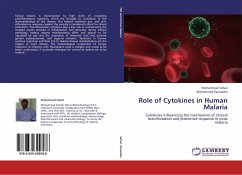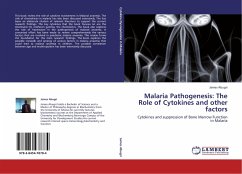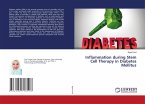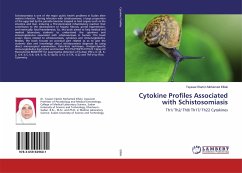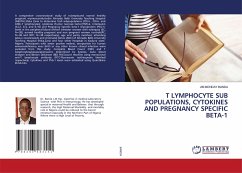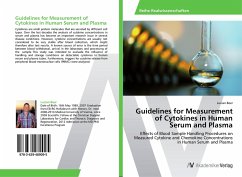Clinical malaria is characterized by high levels of circulating proinflammatory cytokines, which are thought to contribute to the imunopathology of the disease. The balance between pro- and anti-inflammatory responses against the parasite is considered critical for clinical protection. Proinflammatory cytokines play a key role in orchestrating the complex events involved in inflammation and immunity during malaria pathology. Malaria disease manifestations differ and appear to be regulated by age and the acquisition of immunity, host and parasite genetic polymorphisms, and regional variation. Variations in human cytokine responses and their link to malaria disease manifestations are the subject of much debate. The immunological component of human resistance to infection with Plasmodium vivax is complex and needs to be better understood, if successful strategies for control of malaria are to be realized.

